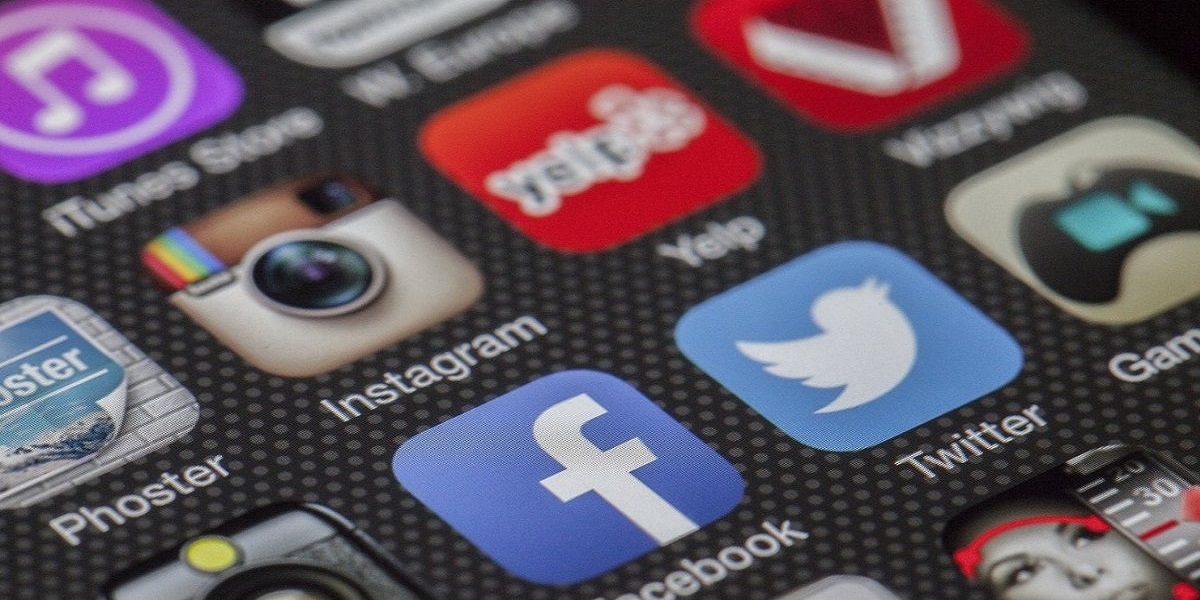DHAKA: Bangladeshi human rights organisations are protesting the Bangladesh Telecommunication Regulatory Commission’s (BTRC) proposal to regulate digital platforms, social media, and streaming services.
Government officials told Anadolu Agency that such measures were necessary to supervise internet platforms in light of increased digital crimes and misinformation on social media.
Bangladesh has over 182 million mobile phone subscribers, according to the BTRC. Over 124 million of them have internet access, with 45 million having Facebook accounts.
Over 45 rights organisations, including Transparency International Bangladesh (TIB) and the Global Network Initiative, have written to the BRTC claiming that it may jeopardise personal data protection and freedom of expression.
According to the draught, authorities can access one’s data, arrest anyone, or remove any content that harms or threatens the state’s image, international relations, the spirit of the liberation battle, casts aspirations on the nation’s father, or exposes government secrets.
Bangladesh dropped 10 places to 162nd out of 180 nations in Reporters Without Borders’ global media freedom rating released last week.
Uncertainty abounds.
According to TIB Executive Director Iftekhar-u-Zaman, who spoke to Anadolu Agency, the document is riddled with ambiguity and lack of clarity, which will broaden the possibilities of misinterpretations or motivated interpretation for abuse.
“It (the draught regulation) makes it essential to reveal the identity of the message sender and receiver, as well as arbitrary and indiscriminate content removal and oppressive action, all of which are in violation of freedom of speech, plurality of viewpoints, and the right to privacy,” he said.
[embedpost slug=”casualities-in-bangladesh/”]
Malicious use of digital and social media, as well as over-the-top platforms, poses clear concerns that must be addressed. However, such laws should also serve to facilitate their legal usage while respecting users’ fundamental liberties, he stressed.
According to Quazi Mahfujul Hoque Supan, a law professor at the University of Dhaka, the government’s move will create a fearful climate among users, and people will use social media less.
“The proposal will break the end-to-end encryption service of messaging apps, such as WhatsApp and Messenger, where only the conversing users can access the messages,” he stated.
According to him, the draught rule might jeopardise not only privacy but also the streaming service and information technology industries in Bangladesh.
The draught regulation, according to the law professor, was primarily taken from India.
“A borrowed regulation isn’t appropriate for regulating information in a different context,” he explained.
Government defends
Mustafa Jabbar, Bangladesh’s Minister of Posts and Telecommunications, said government agencies are working on the draught legislation in accordance with the country’s court’s directive.
“Last month, we filed the document to the court, and the court will make a decision on it.” “We had already posted the draught on our website for public comment,” he explained.
If rights groups have any concerns, he urged they go to court.
Those who criticise the proposal, according to the minister, are unaware of how social media has been used to promote misinformation, generate instability, and communal bloodshed in the country in recent years.
“Crimes using digital media, such as disseminating rumours, misinformation, communal provocation, and militant propaganda, are on the rise. As a result, it is the state’s responsibility to




















